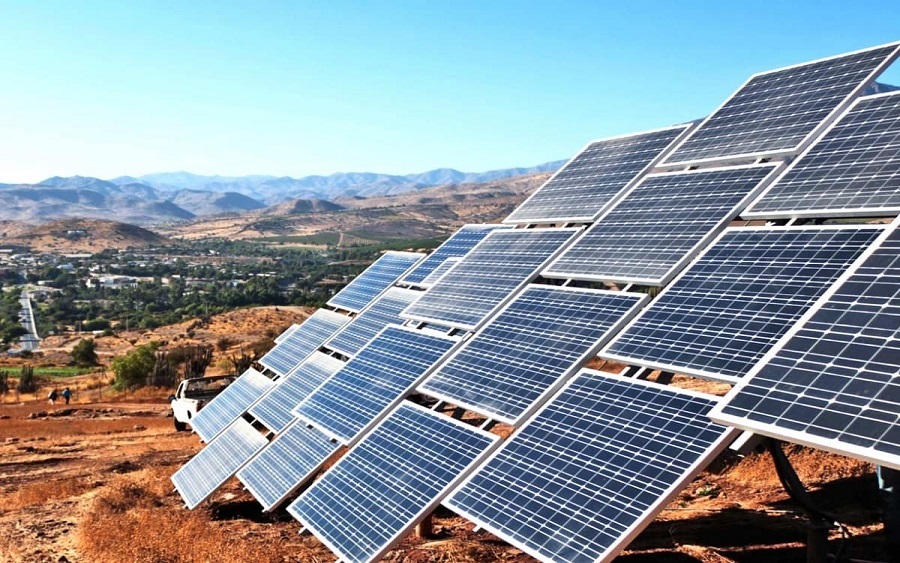A World Bank report from last year revealed that 47% of Nigerians do not have access to on-grid electricity. Another more recent study shows that 78% of Nigerians with access to the grid receive less than 12 hours of electricity per day. The unreliability of the National Grid which has collapsed 128 times in the past 7 years as well as the various challenges distribution companies (DISCOs) typically face with Aggregate Technical Commercial and Collection (ATC&C) losses has further exacerbated this problem.
In essence, Nigeria’s dwindling grid power portfolio has created a thriving market for alternatives. According to the Director in charge of Nigeria, African Development Bank (AfDB), Ebrima Faal, Nigeria spends $14 billion on generators and fuels annually to generate power supply as alternatives to the grid. A recent World Bank study shows the damning effect of these generators, estimating that illness and premature deaths due to ambient air pollution in Lagos alone caused losses of $2.1 billion in 2018 and caused an estimated 11, 200 premature deaths in the same year, the highest in West Africa. If the grid then does not work and we seek alternatives, it is clear that fossil fuel generators are inappropriate alternatives.
Nigeria has enormous potential for solar deployment. First, it boasts of at least 2, 600 hours of sunlight per year, an average of 7 hours per day. Also, it has a large number of people without access to power supply- almost 100 million. And indeed solar has seen significant success in various parts of the country, with the Federal Government recent betting on solar for the COVID-19 recovery. While noting that in the long run, the cost of switching to solar evens out and proves more cost-effective compared to dirtier alternatives, a key challenge with switching is the upfront affordability. With over 40% of Nigerians living below the poverty line according to the National Bureau of Statistics, affording solar, regardless of its benefits, is a challenge for this demographic. Not coincidentally, this demographic makes up the bulk of the population without access to grid power, further deepening inequality and worsening poverty levels.
In response to this, some solar companies in Nigeria have introduced consumer financing as a means of providing solar home systems to customers, typically referred to as pay-as-you-go solar or lease-to-own solar. This model has been used from small solar lamps to rooftop solar instalments both for households and businesses. Under this model, the customers pay a small upfront fee for the solar items or installations and continue to amortise the full cost over time by paying a monthly fee.
There have also been installations of off-grid solar plants in various areas to supply consumers on a willing buyer-willing seller basis. However, a big challenge these companies face is the financial capacity to fund these projects while depending on monthly payments which may come over a 6 to 12-month cycle or longer. Yet this challenge can be overcome with securitization of these payments from the customers- referred to as solar securitization.
Apart from the fact that solar securitization has the ability to deepen Nigeria’s capital markets, it will make a substantial amount of financing available for solar developers, as we have seen in Kenya, Cote d’Ivoire and Rwanda in the last half-decade. The securitization structure simply means that the contracts for the payments to be collected over a period of time either from the pay-as-you-go solar monthly fees or the monthly tariff payments from off-grid solar power supply are coalesced into a pool and repackaged as securities. These securities are then transferred to a special purpose entity and traded on the capital market. Investors can then access the market and buy the repackaged solar-backed securities, and in return become entitled to the payments from the solar customers. As such, spot capital is provided for the solar company, enabling liquidity while saving it from typical hurdles and exorbitant interest rates involved in bank lending.
While this financing mechanism has various potential challenges, such as the overly restrictive requirements for SPVs under the SEC Rules on Securitization, the paucity of available data in Nigeria, and the low broadband penetration in Nigeria, with the rising interest rate on bank lending, the few and far between Development Finance Institution (DFI) loans and the cash-strapped situation that COVID-19 has occasioned for solar companies, securitizing these receivables has the potential to significantly grow solar businesses and also democratize solar power, thus providing a boost for the energy transition. With more solar PVs being installed and more solar home systems being produced, there would also be increased jobs and improved expertise for local production. Also, the provisions of the National Securitization Bill seem to provide a softer landing for a solar securitization structure, so it is hoped that it will see the light of day soon.











